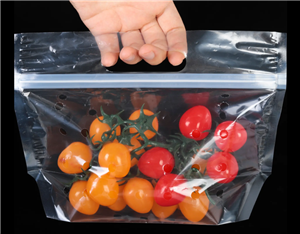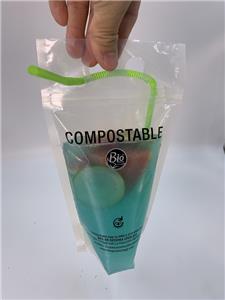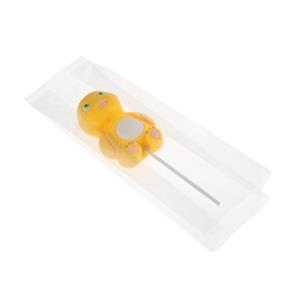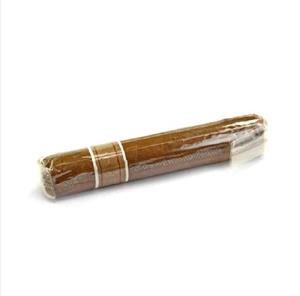- Home
- >
- News
- >
- Industry News
- >
- What food packaging is eco friendly?
What food packaging is eco friendly?
Introduction:
As environmental concerns continue to grow, B2B sellers in the food industry are increasingly seeking eco-friendly packaging options. This article aims to provide a comprehensive overview of various eco-friendly food packaging alternatives, highlighting their benefits and suitability for B2B sellers.
1. Biodegradable Packaging:
- Biodegradable packaging materials, such as compostable paper and cardboard, offer a sustainable solution as they break down naturally without harming the environment.
- These materials are derived from renewable resources and can be composted, reducing waste and minimizing carbon footprint.
2. Recyclable Packaging:
- Packaging made from recyclable materials, such as glass, aluminum, and certain types of plastic, can be easily recycled and reused.
- B2B sellers can opt for packaging solutions that are labeled with recycling symbols, ensuring they can be properly disposed of and recycled by customers.
3. Plant-Based Packaging:
- Plant-based packaging materials, such as bio-plastics made from corn or sugarcane, provide a renewable and sustainable alternative to traditional plastics.
- These materials have a lower carbon footprint and can be composted or recycled, reducing reliance on fossil fuels.
4. Minimalist Packaging:
- Minimalist packaging focuses on reducing excessive packaging materials and opting for simpler, lightweight designs.
- B2B sellers can use minimalistic packaging to reduce waste and promote sustainability while still ensuring the safety and integrity of the food products.
5. Reusable Packaging:
- Reusable packaging options, such as glass jars or stainless steel containers, offer a sustainable alternative to single-use packaging.
- B2B sellers can encourage customers to return and refill these containers, reducing waste and promoting a circular economy.
6. Sustainable Labeling:
- In addition to the packaging materials, B2B sellers should consider using sustainable labeling options, such as recycled paper or vegetable-based inks.
- Sustainable labeling helps reinforce the eco-friendly message and ensures the entire packaging is environmentally conscious.
Conclusion:
As B2B sellers in the food industry, adopting eco-friendly food packaging options is not only beneficial for the environment but also aligns with the growing consumer demand for sustainable products. Biodegradable, recyclable, plant-based, minimalist, reusable packaging, and sustainable labeling are all viable options to consider. By making conscious choices in packaging, B2B sellers can contribute to a greener future while satisfying their customers' preferences for eco-friendly products.




